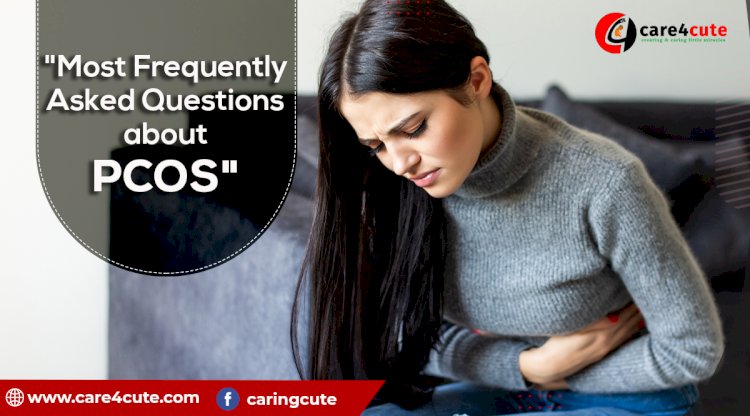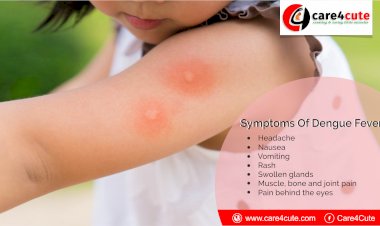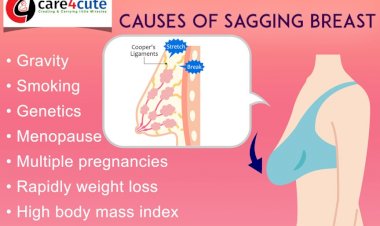Most Frequently Asked Questions about PCOS
Worldwide, 5-10% of women & 1 in 5 of Indian women face problems with Polycystic Ovarian Syndrome (PCOS). Here are the most frequently asked questions about PCOS.

Do you know PCOS (Polycystic Ovary Syndrome) affects about 10% of the female population of reproductive age globally. It is one of the most common hormonal endocrine disorders in women. It is also one of the leading causes of infertility among women today. Of these, a vast majority have difficulty conceiving without help.
Worldwide, 5-10% of women face problems with Polycystic Ovarian Syndrome (PCOS) at some time in their lives! In fact, in India a study revealed that a staggering 1 in 5 women, predominantly in the age group of 15 to 30 years, suffer from PCOS.
The major issue with this condition is the absence or infrequent ovulation (preventing regular release of eggs), which eventually leads to infertility.
Awareness of PCOS is still relatively low, in this scenario, knowledge and understanding about the PCOS is key for early diagnosis and treatment.
Here are answers to commonly asked PCOS questions women often have:
Question: - What exactly is PCOS?
Answer: - Polycystic ovary syndrome (PCOS) is a common hormonal disorder seen among women of reproductive age. In this condition, the ovaries may develop numerous small collections of fluid (follicles) and fail to regularly release eggs.
Question: - What causes PCOS?
Answer: - Presently, the exact cause of PCOS is still unknown and some of the responsible factors may include:
- Too much insulin
- Heredity—genetics are thought to be one of the factors
Question: - Who can get PCOS?
Answer: - PCOS normally affects women once they start having menstrual cycles or hit the age of puberty (typically around age 11).
Question: - What are the first signs of PCOS?
Answer: - The first signs of PCOS could be excessive hair growth (hirsutism) usually on the face, weight gain, thinning and loss of scalp hair and oily skin or acne.
Question: - What are the common symptoms of PCOS?
Answer: - There are numerous signs and symptoms that PCOS women can experience. The most common symptoms include, but are not limited to:
- Infrequent or no periods and irregular bleeding
- Inability to get pregnant (infertility)
- Acne
- Excess weight gain, obesity
- Excess hair growth on face and body (hirsutism)
- Male pattern baldness
- Diabetes
- Patches of velvety, thickened, darkened skin, called acanthosis nigricans
- Oily skin
- Skin discolorations
- Skin tags
Question: - How does PCOS affect Health & fertility?
Answer: - PCOS doesn’t just disrupt woman’s menstrual cycle and limit fertility, but also can cause several other health problems, including:
- Metabolic syndrome—high blood pressure
- Type II diabetes or prediabetes
- Endometrial hyperplasia (endometrial, uterine cancer)
- Gestational diabetes
- Miscarriages or premature birth
- Liver inflammation
- Sleep apnea
- Mental health issues, such as anxiety, depression, and eating disorders.
Question: - Can PCOS affect your chances of getting pregnant?
Answer: - It might. Because it is a hormonal imbalance, it can hamper normal ovulation and cause female infertility as well as sub-fertility.
Question: - Is there a cure for PCOS?
Answer: - No, there isn’t. It can be managed with the appropriate treatment, depending on symptoms, but not cured. Weight loss may help improve the symptoms in a lot of women with PCOS.

 Admin
Admin 




































Dinesh
good content for reading